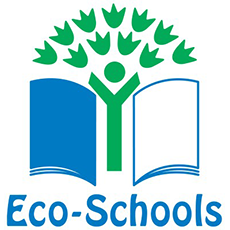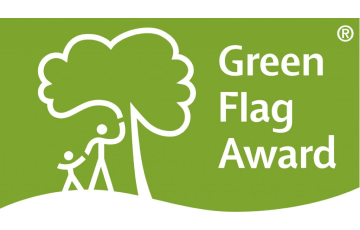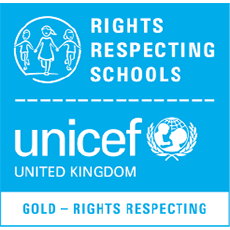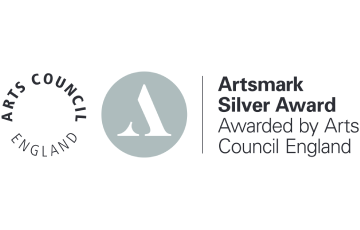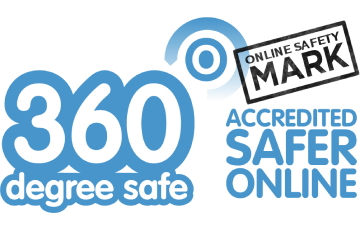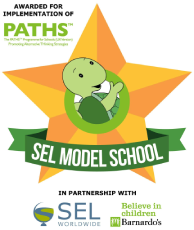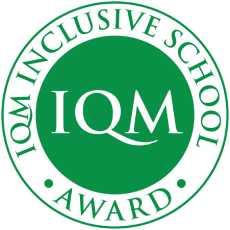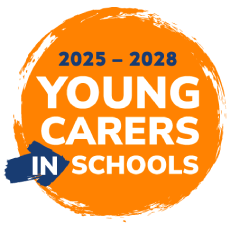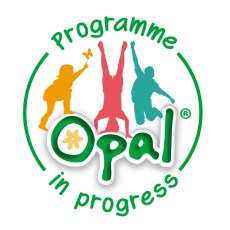Geography

A curriculum designed for Lyme Community Primary School
GEOGRAPHY
Subject Leader
My name is Miss Burns and I lead Geography at Lyme Community Primary.
I believe that the teaching of Geography should inspire pupils to have a curiosity and fascination about the world and its people that will remain with them for the rest of their lives. By the time our children leave Lyme Primary, I wish for them to be responsible global citizens, who have a solid understanding of place and that they appreciate and respect the diverse cultures and traditions around the world. I believe that Geography helps to prepare our children for life in the 21st century. I love to see our children being passionate about where they come from and the world around them.
I CAN:
At Lyme Community Primary School our motto is ‘Inspire, Challenge, Achieve and Nurture’. Our Geography curriculum aims to inspire the children through the learning questions in KS1 and KS2. In Early Years, we encourage and aim to inspire our children to develop their understanding of the world through activities such as Seasonal Walks - beginning to learn about the environment in their local area in the different seasons of the year and to begin to understand their sense of place in the world by learning about different countries. In addition, in Early Years, we use core texts to develop children's 'Understanding of the World' - from these core texts we then use carefully planned provision activities to develop the chiildren's understanding. Children are challenged throughout all their Geography learning to extend their skills by diving deeper into their understanding of a particular objective. At Lyme Community Primary School, we aim for every child to ‘Achieve’ no matter of their abilities or needs – in Geography this may mean providing additional support / pre-teaching and post-teaching of Key Vocabulary or by providing alternative ways for children to show their understanding – for example: an adult may act as a scribe when a child’s knowledge of key objectives is being assessed. At Lyme Community Primary School, when teaching Geography our children are very much encouraged to be nurturing towards each other and the world around them.
Children:
The following websites may inspire you:-
https://www.bbc.co.uk/newsround
https://www.bbc.co.uk/news/science_and_environment
https://www.bbc.co.uk/bitesize/subjects/zcdqxnb
https://www.bbc.co.uk/bitesize/subjects/z2f3cdm
CURRICULUM INTENT
Purpose of study
The primary aim of our Geography curriculum is to provide each student with the knowledge, language and skills needed in order to understand the world around them.
Geography varies from the local environment that the students know well to the distant places that they have little or no previous knowledge about. We aim to take the students from where they are onto a global view of the world.
The study of Geography therefore starts with the students themselves and grows outwards. From this point the curriculum becomes more diverse to include topics on a contrasting UK region, contrasting regions from across the world, as well as studies about rivers, weather, settlement and environment change – linked to eco issues, such as reduced plastic use. Every year group works on an Eco-Strand linked to the Global Goals: this is to ensure our children are at the forefront of global issues and campaigning.
At Lyme Community Primary School, the context of our setting means that it important to immerse our students in a variety of geographical experiences; they will have a wide range of stimuli to enhance their knowledge including geographical workshops, visits from experts and fieldwork. Each geography unit of work taught will encompass ‘WOW’ moments, such as a Ranger led walk around the local area, a visit to Liverpool Museum and an orienteering experience around the school grounds preceding an outcome to present their learning, such as a video of instructions, a persuasive leaflet or class assembly. This is a valuable opportunity to develop the oracy skills of our children. We use quality-assured resources from the Geographical Association, Oddizzi and Digimaps to ensure coverage of knowledge and skills, including progression.
We have adopted Oddizzi as a scheme of work for the majority of our Geography Learning in KS1 and KS2 as it is specific in its skills and knowledge progression with some assessment activities built in. The scheme also provides staff with specialist subject development through a range of high quality resources. It also provides a range of videos for our children to view as part of their learning - providing them with opportunites to virtually visit the areas they are studying - thereby aiding their Geographical knowledge and understanding.
Curriculum Planning
In Early Years, their Understanding of the World develops as children take notice of everything around them. At Lyme, the children take part in a walks within the local area, talking about the environment around them. To develop their understanding of the wider world, the children learn about different countries and compare them with their own locality. Geography is explicitly taught in Reception as part of a focused session; in Nursery, knowledge and understanding of the world is developed through stories using core texts and carefully planned provision activities linked to those core texts.
In KS1 and KS2, each unit has a key learning question to support our children’s critical thinking and develop their oracy skills when articulating their answers. We ensure that subject-specific vocabulary is explicitly taught to broaden our children’s understanding and develop their bank of Tier 3 words. In KS1, students develop knowledge about the world, the UK and their locality such as ‘Where on Earth are we?’ They compare this locality with the UK. In KS2, students extend their knowledge and understanding beyond the local area to include the UK and Europe, North and South America. Our aim is to develop the student’s geographical knowledge, understanding and skills to enhance their locational and place knowledge.
As a Rights-Respecting School, we are keen to develop our children’s Global Citizenship, which we do through geography units of work, assemblies and Global Goals learning activities. We strive for our children to be outwardly-looking global citizens who are knowledgeable, tolerant and educated about the wider world.
At Lyme, geographical knowledge and understanding is presented in a variety of ways using skills taught in English, mathematics, science, computing and art to develop more meaningful learning experiences. We believe children should be taught geographical content through a variety of hands-on learning experiences to develop them as geographers, for example handling artefacts, taking part in educational visits and communicating with children in contrasting localities through a variety of media. The teaching of geographical vocabulary is key for our children.
Assessment
In the Early Years, children are assessed against the EYFS age related criteria within the strand of Personal, Social and Emotional Development and Understanding of the World.
At KS1 & 2 we use the National Curriculum objective statements to monitor individual pupil progress against the key stage expectations. We will use low-stakes assessment activities, such as quizzes and retrieval activities to assess and build on children’s knowledge and understanding. Children complete a baseline and an end of unit assessment activity linked to the unit’s key learning question - by the end of a unit of work we give our children the opportunity to write as a Georgapher. Pre-Learning is used to inform curriculum planning outlining how additional support or challenge can be provided in order to meet the needs of our pupils. Formative and summative assessment evidence is used to make a judgement based on the child’s knowledge, understanding and application of their learning – measured by depth of understanding shown when answering the key learning question each half term. This is recorded on INSIGHT (see Summative Assessment and Feedback Policy). This information is also used by teachers when reporting to parents.



